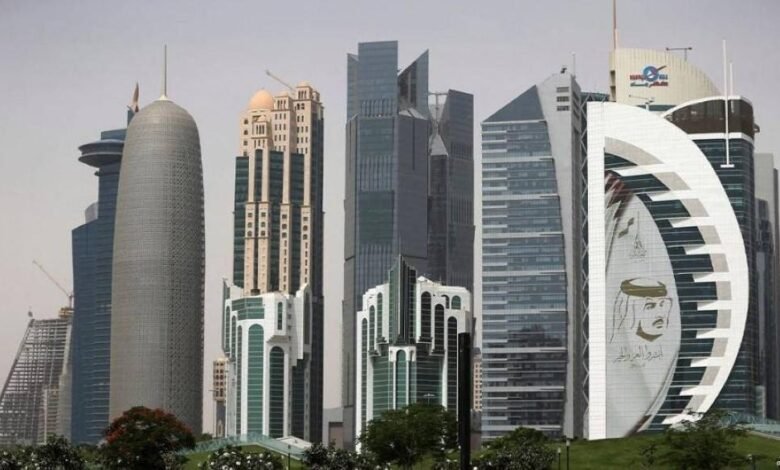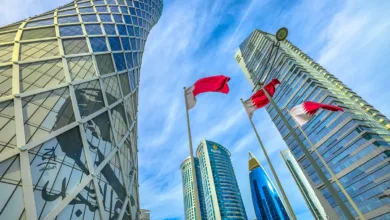Qatar Tops Arab World in Engineering & Tech, 2025 Report Reveals

▼ Summary
– Qatar ranked first among Arab nations in engineering and technology in the 2025 ARCIF report, highlighting its growing scientific prominence.
– The ARCIF initiative, now in its tenth year, has elevated Arab scientific production to global recognition and established a trusted regional benchmark for journal quality.
– The 2025 report analyzed 5,500 journals from 1,500 institutions across 20 Arab countries, with 1,272 meeting international standards.
– Arab research output showed massive growth since 2016, including a 367% increase in accredited journals and a 6,800% surge in cited authors.
– Algeria led in number of accredited journals, Egypt in overall impact factor, and Saudi Arabia in Arabic language and literature, with the report accessible online by year-end.
A new report confirms Qatar has secured the top position in engineering and technology among Arab nations, marking a significant achievement in the region’s scientific advancement. The 2025 Arab Scientific Journals Impact and Citation Report (ARCIF), released by the Ma’arefa Database in Amman, Jordan, highlights the country’s expanding role in research and innovation. This tenth annual edition offers a detailed assessment of scientific contributions across the Arab world.
Dr. Sami Al Khazendar, who leads the ARCIF initiative, emphasized that the report culminates ten years of meticulous monitoring and analysis of scientific output from the region. He stated that ARCIF has successfully elevated Arab scientific work from relative obscurity to gaining international acknowledgment. The impact factor utilized by the report is now widely regarded as a reliable regional standard for judging the quality and reach of academic journals.
For the 2025 findings, researchers evaluated information from 5,500 scientific journals issued by 1,500 institutions in 20 Arab countries, in addition to eight international publishers that produce journals in Arabic. From this large pool, 1,272 publications satisfied all 32 of ARCIF’s internationally accepted criteria.
The analysis also reviewed the work of 364,000 Arab researchers and more than 956,000 scientific papers, identifying 111,000 authors who had received citations. When compared with data from 2016, the Arab world has seen remarkable growth: a 367% increase in accredited journals, an 870% jump in published papers, and an astounding 6,800% rise in the number of cited Arab authors. These figures point to an extraordinary expansion in regional research activity.
In the overall country rankings, Algeria had the highest number of accredited journals with 426, followed by Egypt with 364, Iraq with 122, Saudi Arabia with 75, and Jordan with 45. Egypt achieved the highest overall impact factor, with Saudi Arabia coming in second. Looking at specific disciplines, Qatar led the way in engineering and technology. Egypt was the frontrunner in economics, social sciences, education, law, and media, while Saudi Arabia stood out in Arabic language and literature.
Dr. Al Khazendar also highlighted the increasing dedication among Arab scholars to publishing their work in Arabic, stressing how vital this is for encouraging innovation and the exchange of knowledge. The digital version of the 2025 ARCIF report will be available by year’s end at emarefa.net/arcif, providing valuable information for policymakers and academics interested in the region’s changing scientific environment.
ARCIF functions under the guidance of a Coordinating Council that includes members from UNESCO’s Regional Bureau for Education in the Arab States located in Beirut, the Economic and Social Commission for Western Asia (ESCWA), and the Ma’arefa Database. The council is supported by a scientific committee composed of both Arab and international specialists.
(Source: MEA Tech Watch)
